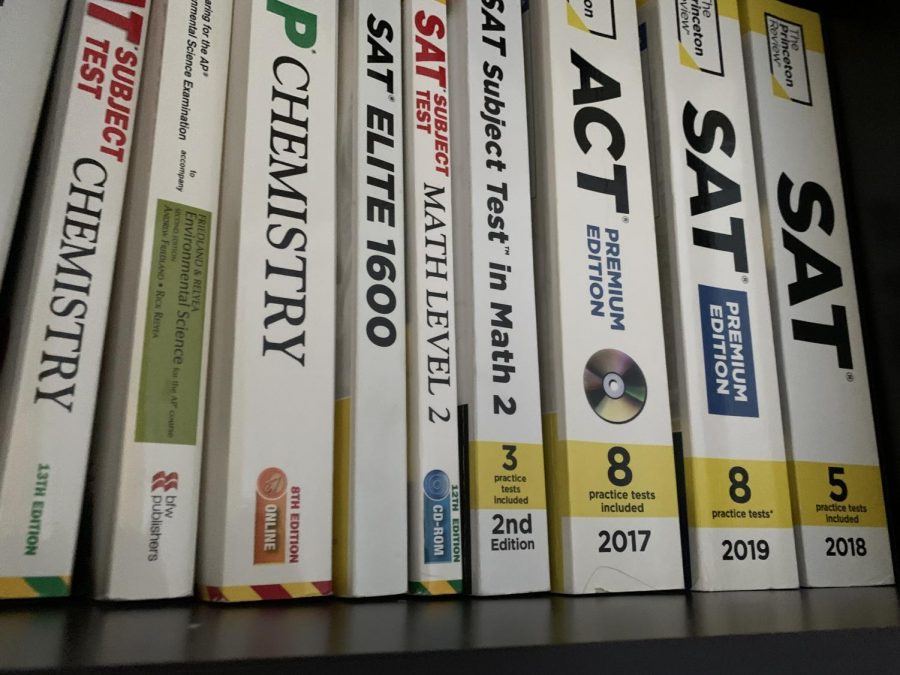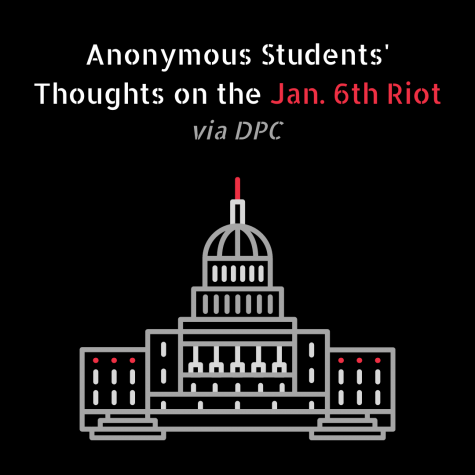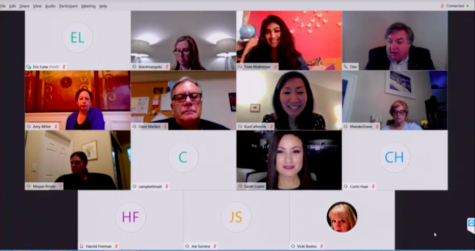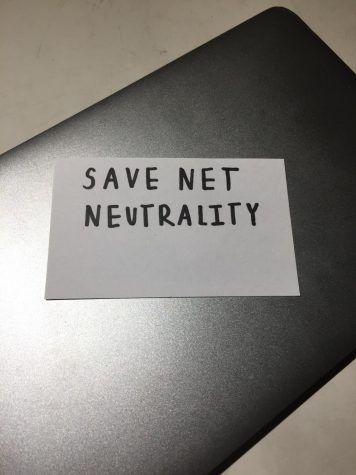Opinion: four things to incorporate in our education system
Quite a lot of anomalies have taken place this year, and I’m sure there are more coming our way. Although many schools are online at this point in time, the public education system still remains fairly the same. So today, I would like to discuss a somewhat controversial topic: our education system and the effectiveness of it. Access to education has enabled us to have a better life and make a positive contribution to society. It has opened doors beyond our imaginations for many of us. In fact, to have education at our fingertips is a privilege. However, the question arises—does school really prepare us for the real world, or does it simply cram our minds with facts to generate the next batch of workers?
Before we jump into the four things that I think schools should include in their system, we must first understand a student’s mentality when it comes to learning things in school. Now, don’t get me wrong. I’m all for school. It’s where we grasp concepts and make memories that we hope will last a lifetime. However, I always seem to learn more from my experiences and those memories than a subject being taught in class.
Maybe the education system does realize this but if they don’t, then here it is: we do it for the grade. Everything we learn in class is temporary as we remember the information until the next test or quiz. Right after we walk out that classroom door, it’s gone. Much of the schoolwork assigned to us seems pointless as we are simply given work in order to memorize, not understand. We never learn anything from our schoolwork and if we do, it is only if that subject interests us (which happens rarely for most). According to a survey taken by Thomas B. Fordham Institute, “Among high school students who consider dropping out, half cite lack of engagement with the school as a primary reason, and 42 percent report that they don’t see value in the schoolwork they are asked to do”.
It is no doubt that our educators strive to truly help us understand and grasp the content they teach. However, the point still remains that much of what we learn and do in school is rarely to be implemented in our real lives. Here are four things that I think schools should understand and incorporate into their education system, from the point of view of a high school student:
Independent Thinking
We often fail to realize that our society indoctrinates us. Many authors have touched upon this subject but one of my all-time favorite authors, Doris Lessing—winner of the Nobel Prize for Literature—acknowledges how our society molds the minds of its members. She had her education stopped in South Africa at the age of 13. With no choice, she was compelled to educate herself with books from London. No, they were not Science, Math, or History textbooks. They were in fact stories of fiction and entertainment by Kipling and Dickinson and so many other classic authors and yet, she seems to be much more knowledgeable about life than most.
She is a prime example of independent thinking. Again, I am all for schools. However, schools limit our capabilities and that must be addressed. Doris Lessing had to form her own ideas and think for herself. No one told her what to think, no one told her to associate the word “Apple” with the letter “A.” she could have associated anything she wanted, from “Alligator” to “Australopithecus.” She was free to think for herself. Here is an excerpt from her book, “The Golden Notebook”:
“As in the political sphere, the child is taught that he is free, a democrat, with a free will and a free mind, lives in a free country, makes his own decisions. At the same time he is a prisoner of the assumptions and dogmas of his time, which he does not question, because he has never been told they exist. By the time a young person has reached the age when he has to choose (we still take it for granted that a choice is inevitable) between the arts and the sciences, he often chooses the arts because he feels that here is humanity, freedom, choice. He does not know that he is already moulded by a system: he does not know that the choice itself is the result of a false dichotomy rooted in the heart of our culture. Those who do sense this, and who don’t wish to subject themselves to further moulding, tend to leave, in a half-unconscious, instinctive attempt to find work where they won’t be divided against themselves. With all our institutions, from the police force to academia, from medicine to politics, we give little attention to the people who leave — that process of elimination that goes on all the time and which excludes, very early, those likely to be original and reforming, leaving those attracted to a thing because that is what they are already like. A young policeman leaves the Force saying he doesn’t like what he has to do. A young teacher leaves teaching, her idealism snubbed. This social mechanism goes almost unnoticed — yet it is as powerful as any in keeping our institutions rigid and oppressive”.
So I ask myself, how do I, as a part of the future generation who will change the world, free myself of this prison I am put into? Dorris Lessing goes on to say in her book,
“Ideally, what should be said to every child, repeatedly, throughout his or her school life is something like this: ‘You are in the process of being indoctrinated. We have not yet evolved a system of education that is not a system of indoctrination. We are sorry, but it is the best we can do. What you are being taught here is an amalgam of current prejudice and the choices of this particular culture. The slightest look at history will show how impermanent these must be. You are being taught by people who have been able to accommodate themselves to a regime of thought laid down by their predecessors. It is a self-perpetuating system. Those of you who are more robust and individual than others will be encouraged to leave and find ways of educating yourself — educating your own judgements. Those that stay must remember, always, and all the time, that they are being moulded and patterned to fit into the narrow and particular needs of this particular society.”
Another example of such indoctrination is censorship. In my AP English Language and Composition class, my teacher asked our class a question we’d never been asked before, “Who here knows what actually happened on Thanksgiving day?” Surprisingly, the majority of us had no clue. Keep in mind that these students are sixteen to eighteen years old. Since elementary school, we’d been taught that Thanksgiving was a joyous day to celebrate the harmony between Native Americans and the pilgrims, but we’d been uninformed of the atrocities committed by the pilgrims and colonizers. Such censorship paints white America in a positive light when in reality, our nation has made mistakes. My teacher, a white female, discussed with our class how she had no clue the injustices that America had committed until she went to college and sat amongst a class of colored people. She brought to light that our educational system does not teach us everything because our teachers cannot teach us such things due to restrictions. She told us that if we wanted to know the truth, we’d have to search outside of school.
We shouldn’t have to search outside of school.
None of us want to be indoctrinated but our society demands that we are. It’s time to step out of that box and give our students a taste of true education. To show them what it feels like to genuinely have a thirst for learning, to be passionate about something. To do that we must change our educational institution’s mentality from generating workers and model citizens to generating independent, informed, and individualistic human beings.
Real Education
School does not prepare us for the real challenges that life presents us with. Yes, it gives us factual, textbook definitions that eventually help us land a job. But what about after the job? What about financial education? Stocks? Loans? Who’s going to teach us how to pay taxes? That’s the school’s job. Once again, this is a trite argument as many have already touched upon this subject but it must be reiterated at least a million times more for it to actually be effective.
Dublin High School is a public school that offers a personal finance elective class, while students I know who attend private institutions have to take a mandatory class that covers financial education. They take that class every year, from sixth grade to their freshman year of high school. The information sinks into their minds until knowing how to manage their finances just becomes a reflex for them. I propose that public high schools adopt this concept of “mandatory financial education” and inform their students on how to thrive out there in the real world.
Morality and Philosophy
What about the things we really need in life to satisfy us? Why aren’t we being taught moral values, how to treat each other and our planet with respect. How to treat ourselves, how to control this brain that we’ve been given, for our brain is the most important advantage that we hold over all the other creatures on this planet. We need to learn how to deal with the changes that we experience as teenagers and what life throws at us, and it should be a subject because it is just as important as math or science, if not more. We are losing ourselves as we take part in this race to be the “best”. We need to learn about why one feels compelled to sexually assault someone, and why you shouldn’t do something like that. Health class has proven to be ineffective in righting the wrongs in society so we must take a different approach. We need to learn about society, its norms, and whether we really need to follow those norms. We need to learn about the restrictions that society places on us, and we need to have discussions about whether those restrictions are necessary so that we understand why they’re there. We need to learn about how to deal with them, and ways to contribute to making our society much better.
We need to learn about the stigmas and stereotypes placed on people in society based on their skin color, origin, or income status. We need to learn about philosophy, why we are the way we are, what makes a good human being? Moral sciences are an extremely important part of all of our lives, and they are often disregarded. At the end of the day, your character, who you are, what defines you, that is what is most important. That is what makes you a good contribution to society.
Here is a controversial topic that can be discussed in high school: Should sexual desire be openly expressed in the form of music and/or clothing? There was a post on Instagram regarding this and as I remember, my friends and I had various different opinions on this as social media has become a source for news and topics of interest in the past few years. I would be interested to know my peers’ views on this, and how they think society should go about this idea.
Simply letting students post things on social media and form their own opinions does not solve problems, it only creates more. It closes students’ minds to a point where they cannot accept someone having a different opinion from theirs. Such discussions are important for this very reason; students can learn to agree upon something collectively or learn to agree to disagree, respectfully.
Tranquility
Oftentimes, being at peace with yourself or rather, finding peace, is given the last priority when in reality, it should be given the first. If you are truly not at peace with yourself, you’re always going to be chaotic. The average student today has the same levels of anxiety as an average psychiatrist patient in the early 1950s, and that says something. Is this really what we want for our kids, for the youth of our future? According to the National Institutes of Health, “nearly 1 in 3 of all adolescents ages 13 to 18 will experience an anxiety disorder.”
It’s quite alarming as these numbers have been rising steadily. Anxiety disorders in children and teens went up 20% between 2007 and 2012. Over the past decade, the rate of hospital admissions for suicidal teensgers has doubled. This combined with other such statistics has engendered some concerning questions. So what exactly is the problem and why are there drastic increases in mental health issues? According to Healthy Children, an organization from the American Academy of Pediatrics, the following contribute to the problem: high expectations and pressure to succeed, “a world that feels scary and threatening”, and social media
I would like to discuss the first reason in the list above, as it’s the most relevant to this article. It is no secret that in the past decade, the world has become far more competitive than it has ever been. From standardized testing to college applications, students feel pressure to succeed in ways that previous generations didn’t.
“A survey done every year by Higher Education Research asks incoming college freshmen if they feel overwhelmed by all they have to do. In 2016, 41% of students said ‘yes’ compared with 28% in 2000 and 18% in 1985.”(healthychildren.org)
The pressure only continues to increase every year, ultimately taking its toll on the youth of our society.
Another concern is the things children are exposed to that they often shouldn’t indulge in, one of them being drugs/substances. The image below is a survey taken by the National Institute on Drug Abuse:
As you can see in the image above, there has been a dramatic increase in vaping and the reasons are as seen in the image below:
So what is the solution to all these complications that teenagers undergo? After all, even if the source of their depression/anxiety comes from off-campus, it still affects their academics and extracurriculars.
I implore schools to please teach their students effective methods that work to better mental health. Meditation and yoga truly help when things get rough. And things are going to get rough, trust me. With society moving at such a fast pace, and competition getting fierce, we must make up for the amount of strain we put on our students in order to achieve what our society calls, “success”. We need to teach them to redirect and take control of their thoughts and emotions, instead of letting their thoughts and emotions control them. We have to teach them to work with their minds, not against it.
A wide range of problems that students face in the academic and social aspects of school can be solved with meditation. According to the article, “12 Science-Based Benefits of Meditation” by Matthew Thorpe, MD, Ph.D., the 12 science-based benefits of meditation are:
- Stress Reduction
- Control of Anxiety
- Improved Emotional Health
- Enhanced Self-Awareness
- Lengthened Attention Span
- Reduction in Age-Related Memory Loss
- Generates Kindness
- Helps Fight Addiction
- Improves Sleep
- Helps Control Pain
- Can Decrease Blood Pressure
Through meditation, students will be more actively engaged in their classrooms and with their peers due to a reduction in stress and anxiety, improved sleep, and an increase in their attention span. There is no valid reason that triumphs the fact that schools should include in their curriculum a period of daily meditation for at least 15 minutes, for the well-being of their students and to help them reach their maximum potential in their academics and otherwise. As we all know, colleges these days require much more than just grades, and students need a little support to keep up.
The best part is, they can meditate anywhere!
Coleman Elementary School in West Baltimore utilizes meditation instead of detention in order to have kids reflect on their inappropriate behavior or abrupt actions, as well as to manage and control these actions. This is a great alternative to having a child sit in a room for an hour after school. That really does nothing.
Trust me, I’ve been in detention before. Aside from being a great place to hear stories of mischief, it is not an effective method to shape the minds of young adolescents.
Like these, there are many lessons that can be taught in school, lessons that students will carry with them all their lives. Even as adults, they will look back at their education, remember it, and pass it on to the future. To date, I have not come across a single adult that remembers the textbook definition of a term or a mathematical equation—aside from my teachers, of course.
I had an extremely interesting conversation with my English teacher once, about society and the norms it dictates. She gave me insight into life, explaining her thoughts on society. I know for a fact that I will always remember that discussion. On the other hand, I also know that I will forget the equations and terms that were taught to me in math class. The only reason I care about that information is that I need to pass that next test, get that grade, keep my teachers and parents happy even if my own happiness doesn’t come from that grade.
I kindly ask that you pay heed to our ideas and our voices when us students speak up on the matter of our own education. We would like to be heard, please.
So to all the educational institutions out there, teach your students things they’ll actually use for the rest of their lives. Teach them things that will help them to not only thrive in the workplace, but also in their personal lives. Lessons that will help them thrive in relationships and lessons that will help them find peace within themselves. Implementations that will actually enable them to make our world a better place. Change starts with our educational institutions. Let’s do our job right.
Your donation will support the student journalists of Dublin High School. Your contribution will allow us to purchase equipment and cover our annual website hosting costs.

Writing is a passion of Jayani's and she loves to write anything from creative writing to research-based writing. Jayani wants to travel the world and...

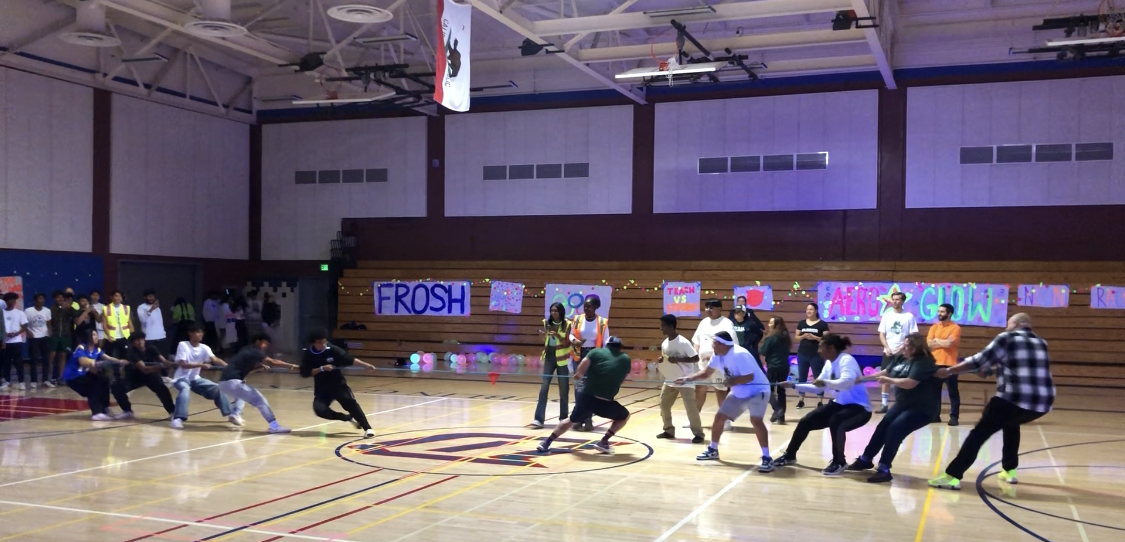
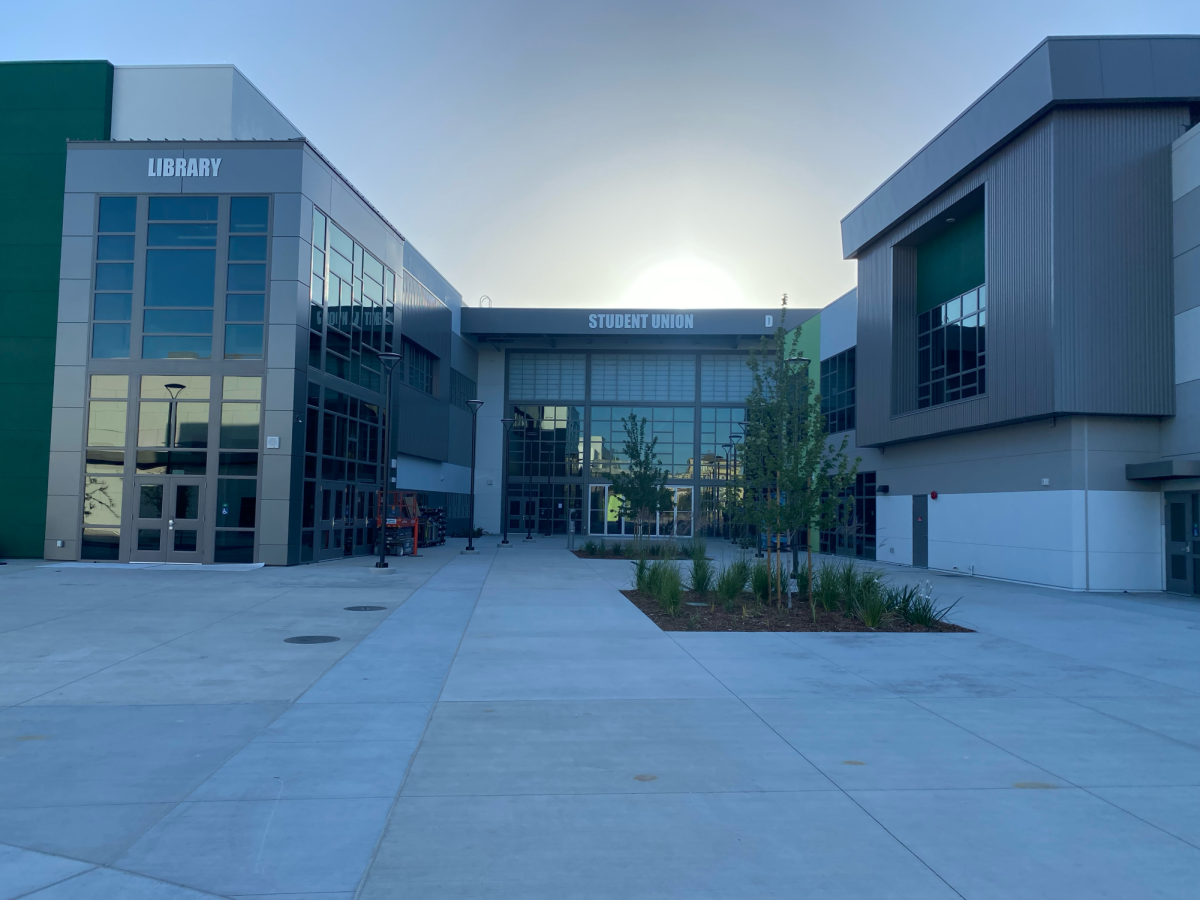
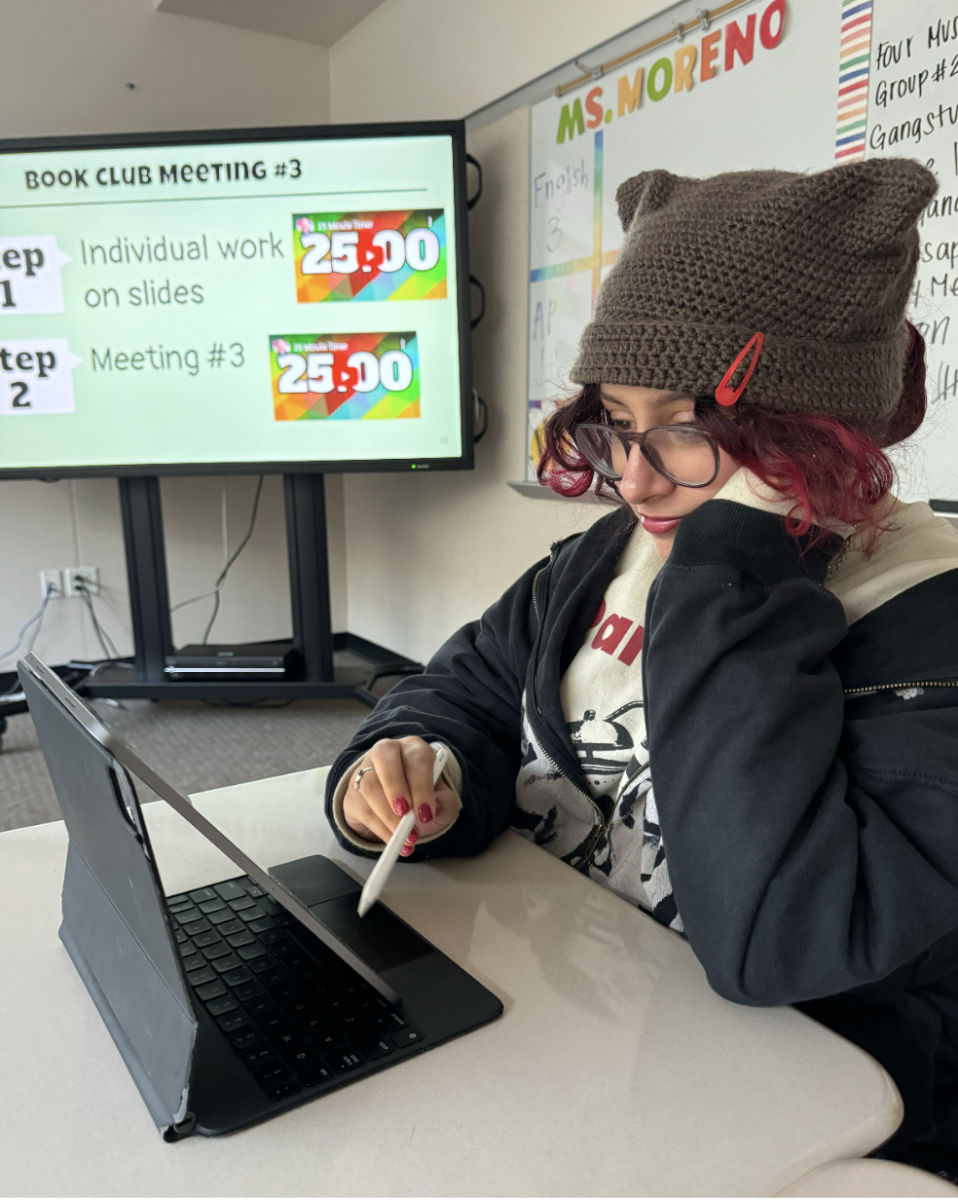
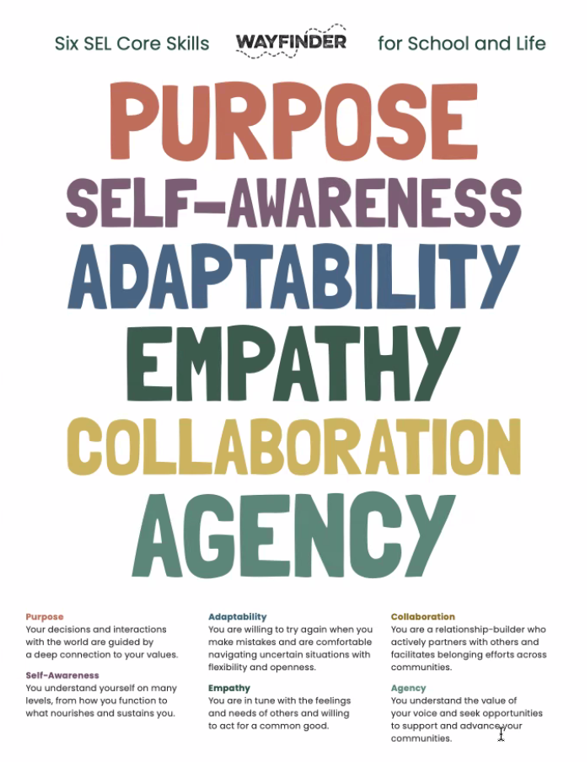
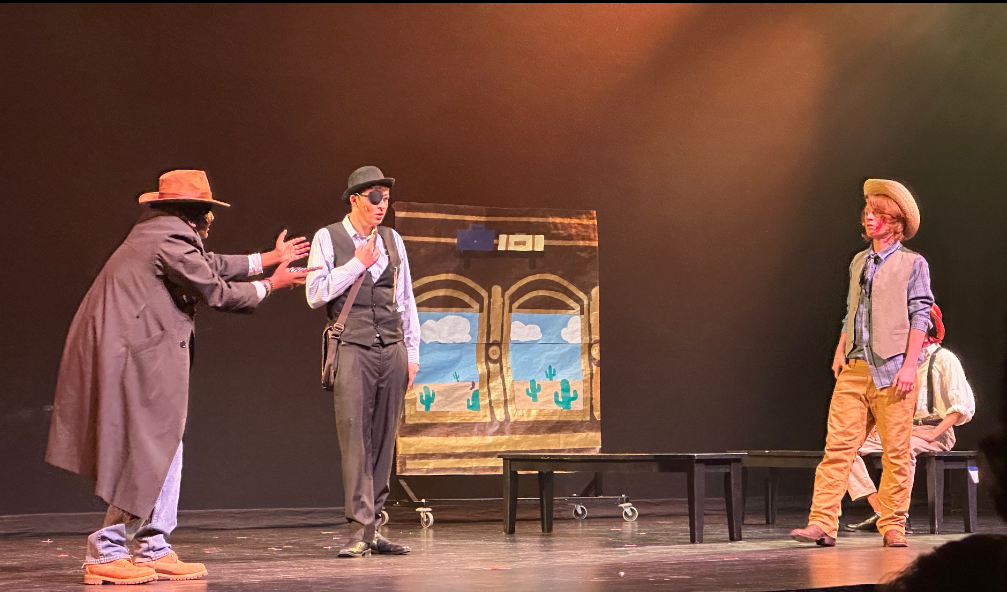


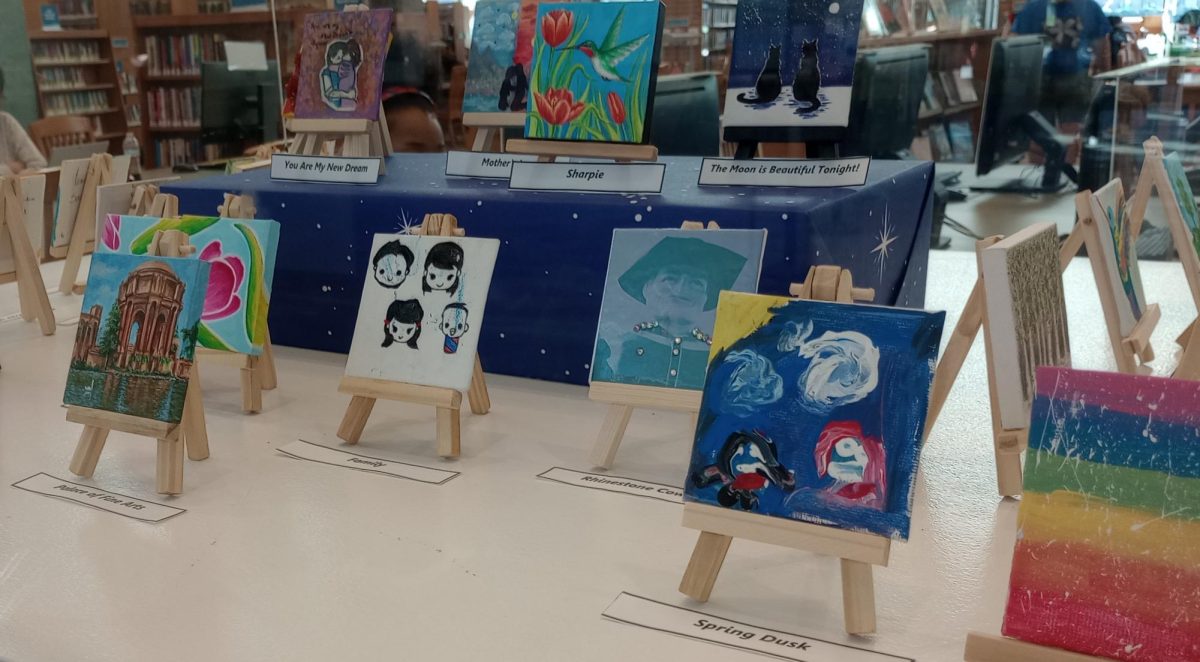
![[Book Review] Weapons of Math Destruction: The insidious danger of Big Data](https://thedublinshield.com/wp-content/uploads/2024/06/wmdsarticle-727x1200.jpg)















